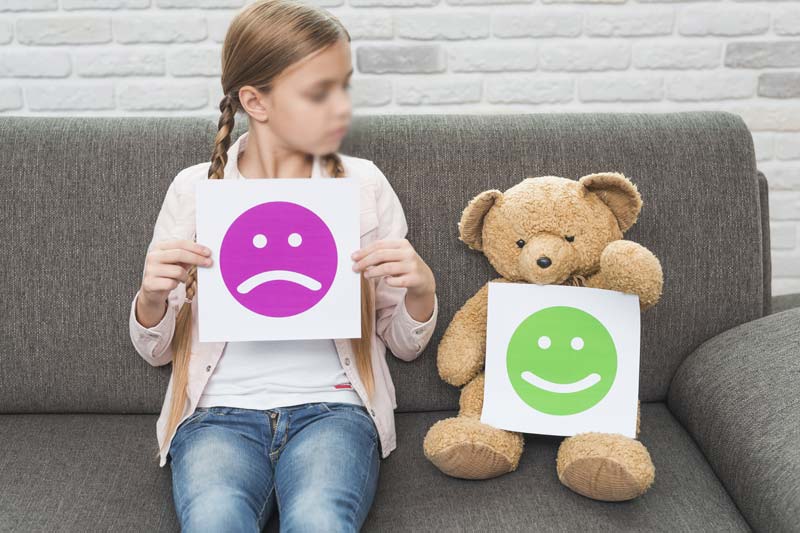
18 Oct BEHAVIOUR AND AUTISM – why keeping track of Behaviour is so important if you have a child with Autism Spectrum Disorder
“Autistic” and “behaviour” are two words often used in the same sentence and from my experience affectively dealing with behaviours from a very young age – both at home as well as in school is what makes all the difference.
But the topic on behaviour is so big and each child – just like being on the spectrum and totally unique has a unique set of behaviours and they vary in degree and severity.
The way I look at behaviour is: “what is part of the child vs what is destructive or socially unacceptable behaviour that is detrimental to his/her development and integration into society”
I guess a good place to start will be to talk about “behaviour” and what it means because when we you are dealing with children with Autism we can’t categorise what they do into “good or bad behaviour”.
Behaviour is a few different things:
- Behaviour is the way in which a person or child acts or conducts themselves in general and towards others or even in a situation of some sort;
- Behaviour is also the way in which a person or child acts or reacts towards particular stimulus and for autistic children this one can be a huge trigger;
- Behaviour is often classified as “erratic” when it comes to machines or even the weather. Actually in some instances people will also talk about people’s behaviour being erratic when the mood of the person changes drastically in a short space of time;
- Behaviour is classified as “normal” in instances such as “normal toddler behaviour” or “normal teenage behaviour” and when the behaviour of a child or person does not fall into the “normal” range it is often described as destructive behaviour or naughty behaviour …
Behaviour or rather the term “behaviour” is used to describe so many factors and yet when it comes to children’s behaviour it always only means “naughty” or “negative” and many parents will react in a disciplinary fashion towards these behaviours.
Reacting in a disciplinary fashion to everything your Autistic child does more often than not will lead to much greater challenges and more challenging behaviour episodes.
Understanding your autistic child’s every-day behaviour pattern will go a long way toward you helping your child learn, integrate and cope with everyday challenges.
It will also help you to understand why your child is doing what they are doing. Once you understand that the “screaming” is not always because they are not getting their way you will learn to react differently to it and by reacting differently to the “behaviour” you will be able to change the behaviour.
Top tips for dealing with behaviour:
- Be patient and realistic and make sure that you know where the behaviour is coming from;
- Be consistent in how you deal with the behaviour – don’t send the child mixed signals;
- Be careful not to reward for bad behaviour just to get your child to keep quiet;
- Support effective communication strategies because give the child communication tools will help you better understand why they are doing what they are doing;
- Teach “emotions” to a child from a young age – the better they understand their own feeling the better they will be able to deal with them;
- Never under-estimate the power of positive reinforcement, praise and reward. Just make sure it is used appropriately.

